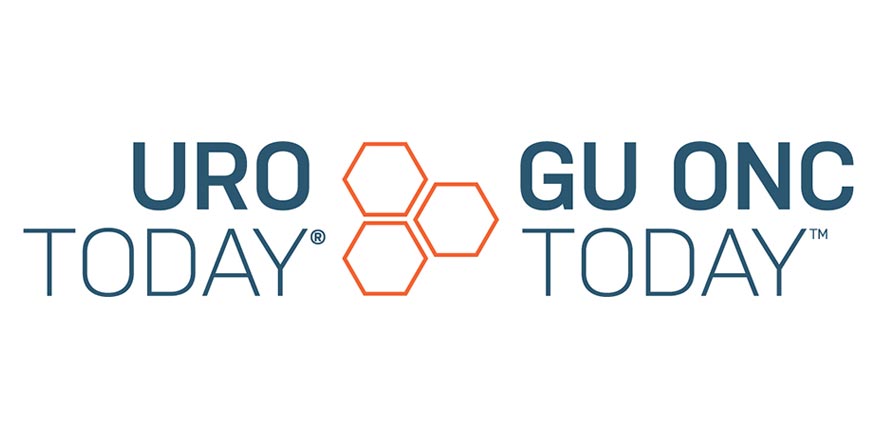Process Automation & Instrumentation: UK Market Set to Boom, Reaching £93 Billion by 2032

The UK process automation and instrumentation market is poised for significant growth, with projections indicating a value of £93 billion by 2032. This robust expansion reflects a CAGR of 5.6% throughout the forecast period (2024-2032), driven by a convergence of factors, including increasing demand for efficiency, cost optimisation, and technological advancements.
Key Market Drivers:
Expanding Energy Sector: The exploration and exploitation of challenging and remote energy reserves is driving demand for advanced monitoring and control technologies. This necessitates accurate measurement of pressure, temperature, flow, and composition to maximise extraction efficiency, maintain safety, and minimise environmental impact across the entire energy value chain.
Growth of City Gas Networks: The significant expansion of City Gas Distribution (CGD) networks, as exemplified by Adani Total Gas's £1.6 billion investment, necessitates robust process automation and instrumentation solutions to ensure reliable and efficient operations.
Industrial Resilience and Automation: The need for enhanced efficiency and cost reduction in a dynamic industrial landscape is pushing businesses to embrace automation solutions. This trend is particularly evident in the chemical industry, which accounts for 31% of the market. Automation enables companies to adapt to changing demands, resource availability, and consumer preferences, minimising labour costs, enhancing safety, and boosting overall productivity.
Market Leaders & Key Technologies:
Leading players in the UK process automation and instrumentation market include ABB, General Electric, Mitsubishi Electric, Siemens, Metso, Emerson Electric, Schneider Electric, Rockwell Automation, Yokogawa Electric, and Schnieder Electric.
Programmable Logic Controllers (PLCs) continue to dominate the market, representing 21% of the market share. Their role in managing complex industrial operations and handling diverse inputs and outputs remains crucial. The global shift towards smart manufacturing and automation further reinforces the demand for PLCs as businesses strive to improve operational efficiency and address modern manufacturing challenges.
Regional & Segment Analysis:
North America currently leads the global process automation and instrumentation market, capturing over 35% of global revenue in 2023. This dominance is attributed to the region's robust industrial infrastructure, focus on innovation, and significant investments in advanced instrumentation solutions. The UK, while not leading the global market, benefits from a strong industrial base and a commitment to automation and digitalisation.
The chemical industry is a significant driver of growth within the UK market, as it continues to invest in automation to improve safety, reduce costs, and enhance operational efficiency.
Key Takeaways:
This comprehensive market analysis provides valuable insights for stakeholders within the UK process automation and instrumentation sector. Key takeaways include:
Identifying Growth Opportunities: Understand emerging trends and industry sectors to identify potential areas for business expansion.
Informed Decision Making: Gain insights into market trends, competitor analysis, and customer preferences for strategic decision-making.
Operational Efficiency: Gain knowledge on the latest technologies and best practices to optimise operational efficiency and reduce costs.
Targeted Marketing & Sales: Develop marketing and sales strategies tailored to market trends and customer demands.
Further Research:
For detailed insights into the UK process automation and instrumentation market, including a comprehensive table of contents, a complete market analysis, and a detailed examination of key companies, visit the SNS Insider website.





